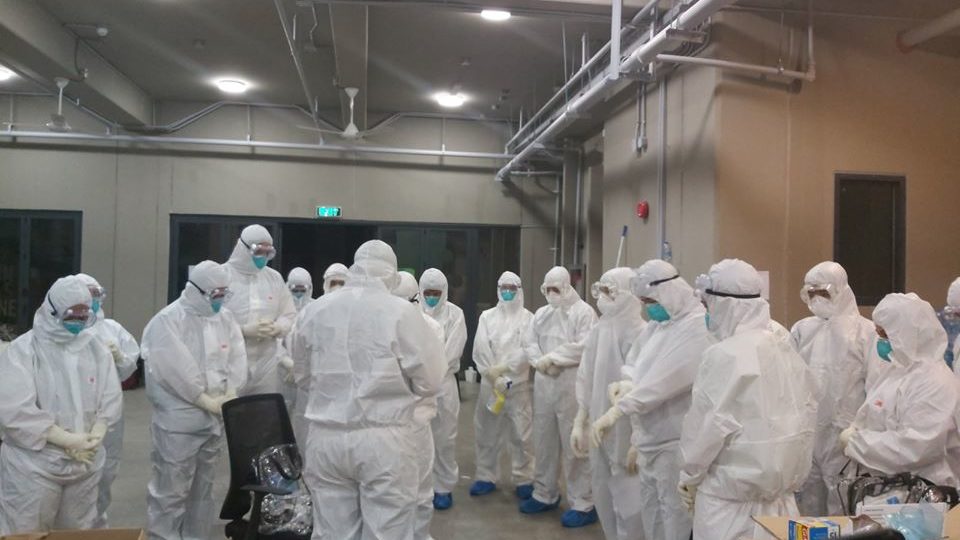Former Health Secretary Esperanza Cabral today said that easing the quarantines in different parts of the Philippines is necessary despite the lack of mass testing because Filipinos’ livelihoods are at stake.
Speaking to cable channel ANC, Cabral, who worked for then-President Gloria Macapagal-Arroyo, said that people need to get back to work because they are suffering in poverty due to the lockdowns.
“Even as we say that the curve has plateaued, there are many other things that we have to take into consideration and one of them is the livelihood of the people that we have locked down,” Dr. Cabral said.
“The television has been full of interviews and pictures of poor people who are now begging in the streets who are telling us that they are hungry, that they only just take one meal a day. Because even as they are being locked down, the social safety nets available to them…is totally inadequate,” she said.
Read: PH gov’t puts Metro Manila, Cebu City, Laguna under ‘modified’ enhanced community quarantine
The Duterte administration has eased the quarantines in some places in the country, with some areas transitioning to the general community quarantine, a form of lockdown where some industries can operate at full capacity after May 15. However, Cebu City, Metro Manila, and Laguna province will be under the modified enhanced community quarantine from May 16, a situation where a few manufacturing and processing plants will be allowed to re-open, but only half of their manpower can work.
Cabral said that while the accuracy of the Department of Health’s (DOH) data needs some improvement, the curve is flattening in the National Capital Region.
“With the data that has been presented, we can see a plateau or a flattening of the curve in Metro Manila. Aside from what I’ve said, people can only stand so much isolation, lack of livelihood, and income. Food and security is a very important thing, aside from that there are many other illnesses that they can get in isolation,” she added.
Cabral also said the DOH is not testing enough to make the data more reliable
“No, we have not done enough testing. We need to do more. [But] we need to use the data that we have on hand and couple that with the data [that] other countries have had as well as our own experience with other contagious diseases to make a decision,” she said.
“I don’t think it’s premature [to ease the quarantines]. I think it’s right to ease the lockdown at this point. Not just because of the health issues that we have improved upon, [but] we need to look at the lives of the people outside the coronavirus,” she added.
Meanwhile, the University of the Philippines Resilience Institute yesterday pointed out some inaccuracies in the DOH’s COVID-19 data that were recorded on April 24 and 25. In a viral post shared almost 12,000 times, it said that 45 cases have changed genders from male to female and vice versa. It also discovered that the age of 75 patients changed overnight while 516 were reclassified to another city or to a completely non-existent area. It also discovered that one patient, whom the DOH initially reported as dead, was recorded alive the day after.




